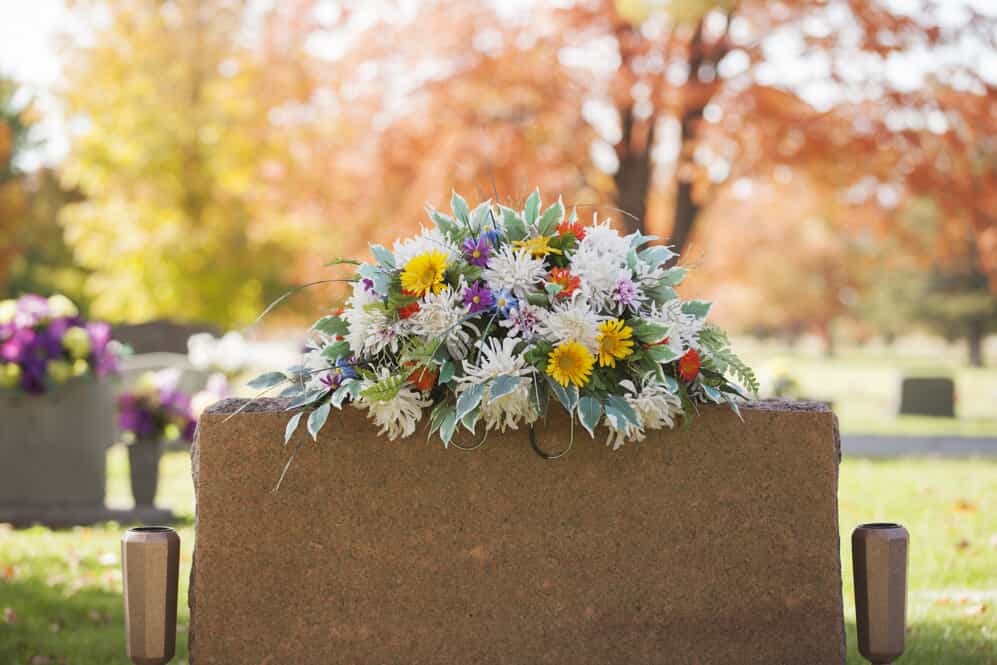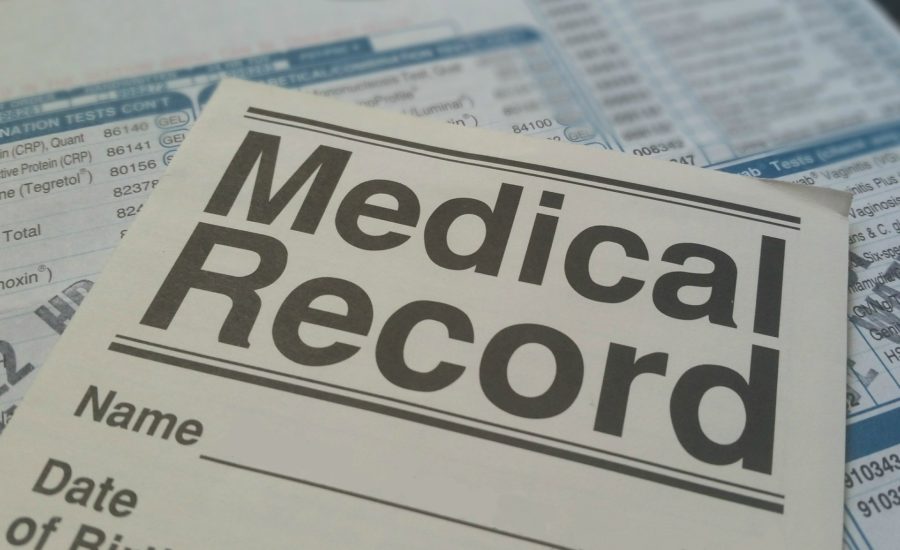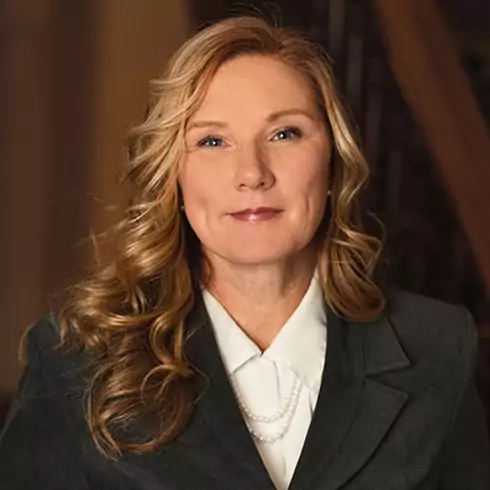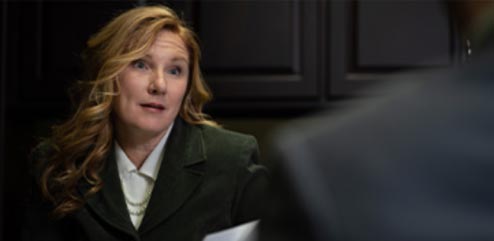Evansville Wrongful Death Lawyers
The loss of a family member due to the negligent or wrongful actions of another party is a tragedy that no one should have to endure. But if you have experienced such a devastating loss, you have the right to seek justice and fair compensation through a wrongful death claim in Evansville.
At Christie Farrell Lee & Bell law firm, we understand the pain and suffering you are going through, and our experienced wrongful death lawyers are here to provide you with compassionate and tenacious legal representation.














